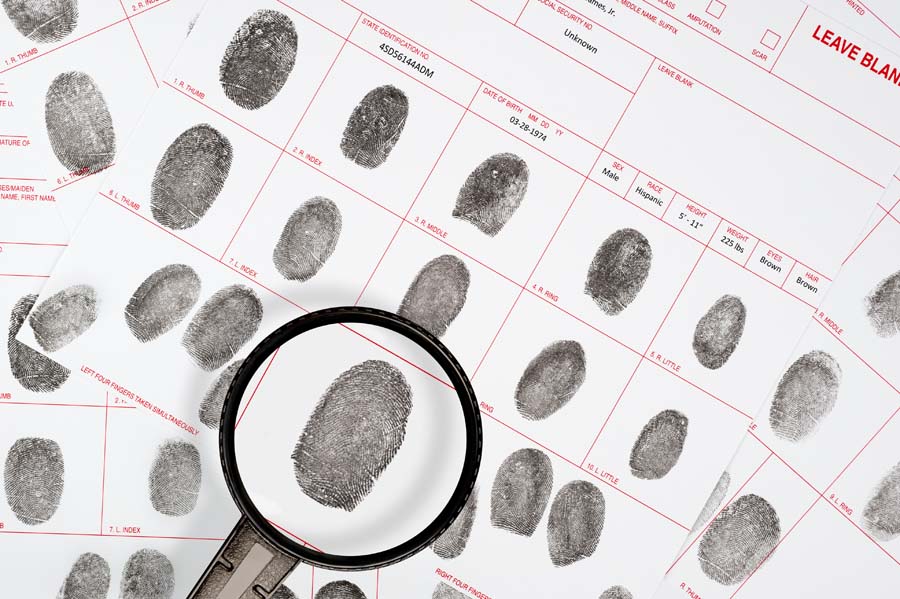You made a mistake. You now have a criminal record. Will it haunt you forever?
Unfortunately, a single mistake leading to a criminal charge or conviction may have consequences far beyond any criminal penalty. Potential employers may see a criminal charge or conviction on your background check prior to making an employment offer. Certain convictions will limit your ability to qualify for student loans. Publicly available dockets can be a source of embarrassment. However, in Pennsylvania, there are several ways to seal or expunge a criminal record.
Expungements
An expungement is an order issued by a judge directing criminal justice agencies, law enforcement agencies, courts, etc., to destroy records related to a criminal charge or conviction.
Expungements are available in the following limited circumstances:
- Where you were not convicted of a crime, including not guilty verdicts or charges that were withdrawn, dismissed, or nolle prossed (the prosecutor has decided to abandon the matter).
If your charges are dismissed prior to trial or you were found not guilty following a trial, the charges themselves remain a matter of public record. You can actively request the expungement of these records pursuant to Pennsylvania’s expungement law. However, if you plead guilty to only certain charges and other offenses are withdrawn, dismissed, or nolle prossed pursuant to a negotiated guilty plea, the District Attorney may object to expungement of the other charges unless the negotiated plea is conditioned on their expungement.
- Successful completion of the Accelerated Rehabilitative Disposition (ARD) program
Accelerated Rehabilitative Disposition (ARD) programs are available in every county in Pennsylvania. ARD is a diversionary program for low-level misdemeanor offenses like DUI and a small amount of marijuana offenses. ARD typically includes a brief period of supervision and payment of court costs and fines. Notably, ARD does not result in a conviction. If someone successfully completes ARD, the court will order the expungement of any associated criminal record. PennDOT, however, will retain a record of any DUI conviction for ten years, despite the expungement order.
- Underage drinking offenses, where the person has satisfied all terms of the sentence
If you received an underage drinking citation between the ages of eighteen and twenty-one and have completed the terms of any sentence, including the associated license suspension, you are eligible for expungement of this conviction when you turn twenty-one.
- Summary offenses, if you have remained arrest free for five years
Low-level summary offenses like disorderly conduct or harassment are eligible for expungement five years from the date of conviction if you have remained arrest-free during that period.
- Individuals who are seventy years or older and have been free of arrest for ten years or individuals who have been dead for three years
With the exception of certain sexual offenses involving minors, a person over the age of seventy with no arrests for at least ten years following any release from incarceration is eligible for expungement. Similarly, a person who has been dead for three years is eligible for expungement (yes, seriously).
- Certain juvenile convictions.
The expungement rules for juvenile offenses are more nuanced. There is a common misconception that juvenile offenses are automatically expunged when you become an adult. This is not necessarily true. Access to these records outside of criminal justice agencies is generally limited.
Clean Slate Law
If you’re not eligible for expungement, Pennsylvania’s Clean Slate Law may still provide relief. Pursuant to this statute, certain offenses are subject to automatic sealing. Other misdemeanor offenses may be sealed by filing a petition with the court. Sealing is not the same as expungement, and these records remain available to criminal justice agencies. Sealing restricts public access to these records. For example, sealed records would not be available in most pre-employment background checks.
Charges which were dismissed, withdrawn, or nolle prossed are automatically sealed after sixty days, or they can be expunged. Summary convictions are automatically sealed after ten years if you remain conviction-free.
Most ungraded misdemeanors, third-degree misdemeanors, and second-degree misdemeanors are automatically sealed if you remain conviction-free for ten years. A petition is required to seal certain lower-level misdemeanor convictions, like simple assault, recklessly endangering another person, harassment, or qualifying first-degree misdemeanors. Additionally, a petition may be required to seal misdemeanor offenses if your record includes more serious charges.
The Clean Slate Law does not currently apply to felony offenses.
Pardons
A pardon acts to restore a convicted person’s rights as if they had never committed the crime. The Pennsylvania Board of Pardons reviews all pardon applications and makes a recommendation to the Governor, who decides whether or not to grant a pardon request.
A pardon application contains information about your criminal charges and a statement about why you believe you should be pardoned. The Board of Pardons reviews all applications and decides whether to grant you a public hearing. At the hearing, you, and other members of the public, including victims, have the opportunity to testify. The Board then votes on whether to recommend the pardon.
The pardon process is generally lengthy—often taking years to reach a public hearing. Recently, however, the Board of Pardons offered an expedited review program for non-violent marijuana-specific convictions. While this program only accepted applications in September 2022, decisions were expected within six months. If successful, the Board of Pardons may offer similar expedited programs in the future.
Don’t let one mistake follow you for a lifetime. Qualifying criminal charges and convictions can be removed or hidden from public records.






















